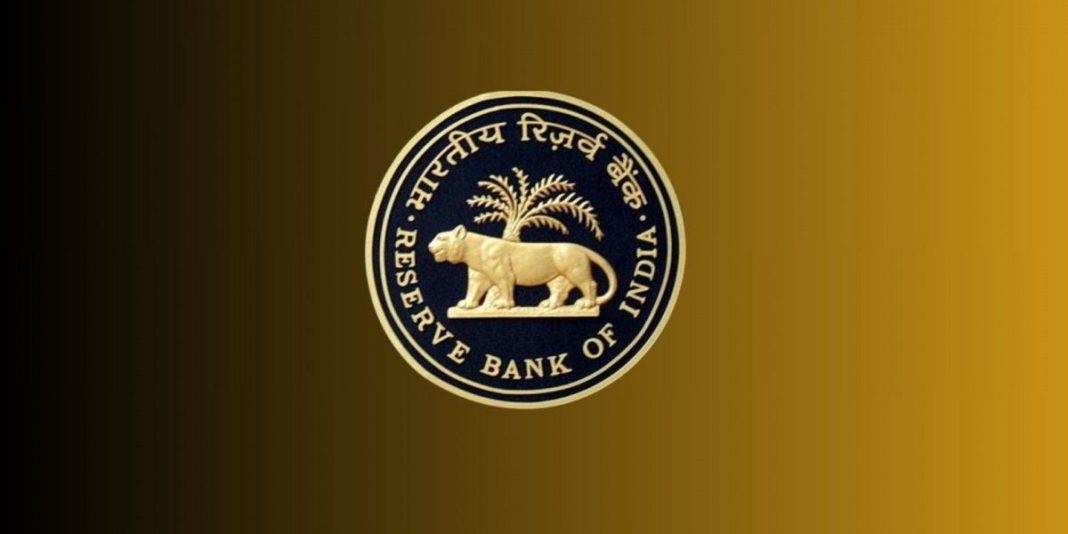According to recent estimates, India’s telecom sector is set to earn about ₹3.12 lakh crore in revenues in FY26 — a historic high. This comes after years of volatility and consolidation; the industry has rebounded strongly under rising demand for data, 5G rollout, and recent tariff hikes
What’s Propelling the Revenue Growth
📶 Tariff Hikes & Higher ARPU
Recent tariff increases have helped lift the average revenue per user (ARPU) considerably. As per industry reports, ARPU crossed ₹200 in FY2025 and is expected to further rise in FY26 — boosting overall revenues.
📈 Surge in Data Usage and 5G Adoption
Rapid adoption of data-intensive applications — streaming, video calls, remote work — and increasing 5G coverage are driving up demand. Telecom firms are moving from voice-based to data-driven services, raising money per user.
💡 Decline in Capex Intensity Post 5G Rollout
After front-loading major capital expenditure (capex) for 5G infrastructure deployment in FY24–FY25, capex intensity is expected to moderate. This improves profit margins and free cash flow — supporting better financial performance for operators
📊 Consolidation and Market Stability
Leading telcos have consolidated market share, stabilized subscriber bases, and are leveraging scale effects. This stability — combined with improved offerings — is helping the industry monetize users more effectively. The Economic Times
What It Means for Stakeholders
✅ For Telecom Operators
Crossing ₹3.12 lakh crore implies healthier revenue streams, higher margins, and better free cash flow — which can support debt reduction, expansion of services (broadband, fiber, enterprise), and network upgrades.
📶 For Consumers
While tariff hikes fuel revenue growth, stable 5G and data services may lead to better network reliability, faster internet, and improved quality — especially for broadband, video, and streaming services.
📈 For Investors & Market Sentiment
A robust telecom sector performance could attract greater investor interest — driving up valuations of telecom players, their suppliers (tower infra, network equipment), and allied industries dependent on connectivity growth.
💼 For Broader Digital Ecosystem
Strong telecom fundamentals will benefit economies reliant on digital services — from OTT streaming, remote work, fintech, ed-tech, to rural connectivity and digital inclusion programs.
What to Watch — Challenges & Risks
- Sustaining ARPU growth: Continued growth depends on consumers accepting higher tariffs — if competition or market pressure forces pricing down, revenue growth may slow.
- Regulatory & Infrastructure Costs: Spectrum payments, regulatory dues, and infrastructure maintenance remain large cost heads — balancing capex and profitability remains critical.
- Competition & Consumer Expectations: As data becomes ubiquitous, customers expect higher speed and quality — failure to deliver may lead to churn or pressure on margins.
- Debt Levels: Although capex intensity may moderate, past investments and licensing debts still mean high leverage in the sector — operators must manage finances prudently.
Conclusion — Telecom Sector Back on Growth Track
With a projected ₹3.12 lakh crore revenue in FY26, the Indian telecom industry appears to be entering a strong resurgence — powered by tariff hikes, booming data demand, 5G adoption, and operational efficiencies.



